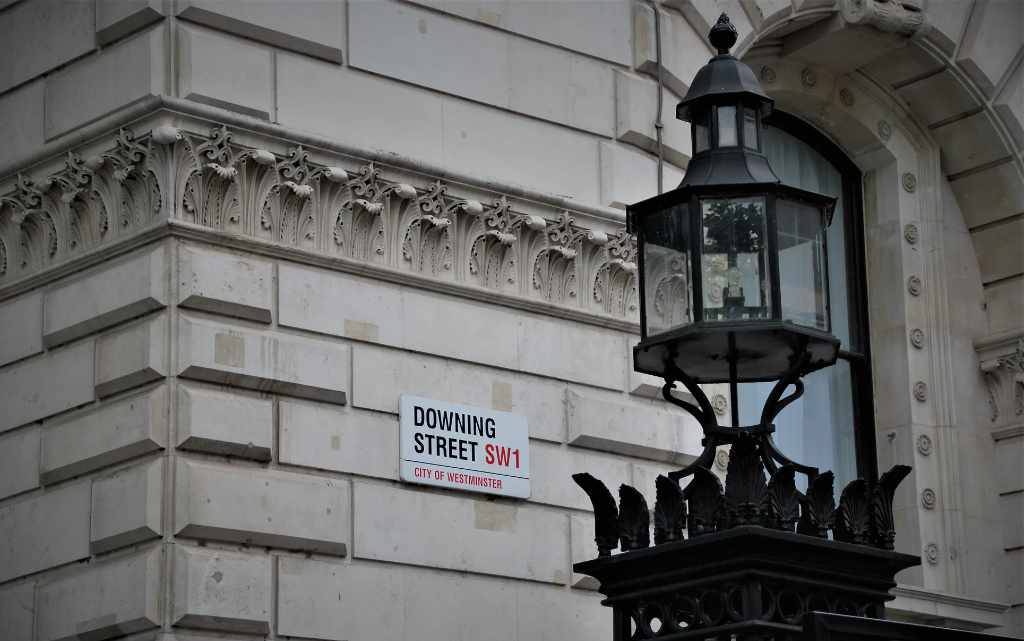The Government is continuing to roll out its making tax digital (MTD) programme, requiring more and more businesses to comply with HMRC’s online tax reporting rules.
From April 2022, all VAT-registered businesses will have to comply with the changes, while many personal income taxpayers will be brought into the fold a year later.
But what exactly is MTD? What are the key dates of the scheme that businesses need to know? And what can they do today to get ready?
What is MTD?
MTD is a key part of the Government’s long-term plans to reform the tax system, aiming to make it easier for individuals and businesses to get their tax returns right the first time around.
HMRC said its ambition is for the UK “to become one of the most digitally advanced tax administrations in the world”.
This would make it “easier for individuals and businesses to get their tax right and keep on top of their affairs”, according to HMRC.
In other words, MTD involves using compatible software to manage people’s tax affairs with HMRC, breaking away from a reliance on paper returns or offline software that can be costly to fill out in terms of time and accuracy.
Most of the major cloud accounting packages are already MTD compatible, along with many less well-known apps.. A full list can be found on HMRC’s website.
These tools use the data from a business’s day-to-day activities to build an accurate image of its tax data in real time, allowing them or their accountant to submit it directly to HMRC via computer or smartphone.
What’s more, MTD software can highlight possible errors and offer prompts for information that can easily get overlooked, making the system more accurate as well.
What changes has MTD made so far?
MTD has been in the works for a number of years now and we’re only part way through its rollout.
In April 2019, the first stage was introduced, requiring VAT-registered businesses with a taxable turnover above the VAT threshold (£85,0000) to start using MTD-compatible software to store their VAT records.
The Government reported that more than 1.4 million businesses had joined the new services by 9 March 2020, and four million VAT returns had been successfully submitted digitally.
HMRC also allowed businesses below the VAT threshold to take part if they wished. By March 2020, 270,000 smaller VAT businesses had voluntarily joined MTD– more than a quarter of all businesses below the VAT threshold.
What’s next for MTD?
In April 2022, MTD for VAT will expand to see all VAT-registered businesses join the scheme irrespective of their size.
Next, MTD for income tax self assessment (MTD for ITSA) will arrive, requiring self-employed businesses and landlords with annual business or property income over £10,000 to follow MTD rules from their next accounting period starting on or after 6 April 2023.
Though MTD for ITSA will be introduced in 2023, a pilot is already open to eligible taxpayers. The UK government website has more information around this.
Further away and less concrete is MTD for corporation tax, which HMRC has said won’t come into effect until at least 2026.
It has proposed April 2024 as the month when it intends to commence a voluntary pilot for MTD for corporation tax, however.
What do you need to do to get ready?
Headlines recently emerged warning of the problems faced by self-employed individuals whose annual accounts are out of synchronisation with the end of the tax year.
These individuals face being taxed twice on profits as MTD for income tax is rolled out, highlighting how important it is to get ready for the changes coming your way.
Preparing for the costs will be a priority for business leaders and sole traders, and those who think they could be taxed twice during the MTD for income tax transition should look into claiming relief against double taxation.
If they deal with their tax affairs themselves, they also need to prepare for the costs they could incur from software, consultancy and IT upgrades.
Full accountancy packages with MTD services, on the other hand, might be more cost effective, with the benefits of that investment materialising later in your journey.
If you use an accountant, talk to them about how they’re planning for MTD changes and whether they are on track.
Compliance with MTD practices will be a legal requirement, so you need to know the accountant you hire will keep your tax affairs in order.
It’s certainly something we’re well ahead of the game on at Coveney Nicholls.
Talk to us about MTD making tax digital for VAT and income tax.

